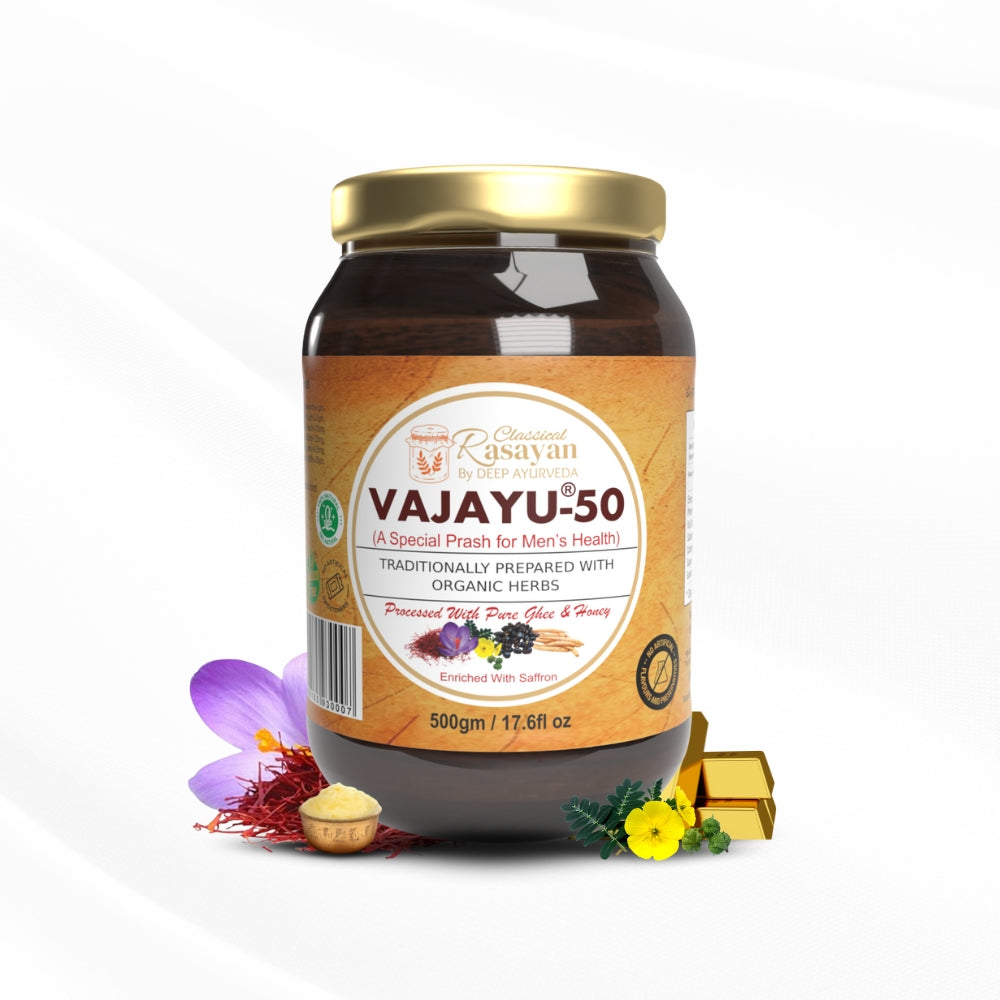Motor Neuron Disorder (MND), also known as Amyotrophic Lateral Sclerosis (ALS) or Lou Gehrig's Disease, is a rare and debilitating neurological condition that affects the motor neurons in the brain and spinal cord. These neurons are responsible for controlling voluntary muscle movements, such as walking, speaking, and breathing. When motor neurons degenerate, the muscles they control weaken and waste away, leading to a progressive loss of function and, eventually, paralysis. While there is no known cure for MND in conventional medicine, Ayurveda, the ancient Indian system of medicine, offers a holistic approach to managing the condition.
Understanding Motor Neuron Disorder
MND is a complex and devastating disease, characterized by the gradual deterioration of motor neurons. This degeneration disrupts the communication between the brain and muscles, resulting in muscle weakness, twitching, and eventually paralysis. Patients with MND typically experience difficulty in swallowing, speaking, and even breathing as the disease advances. The exact cause of MND is not fully understood, but a combination of genetic and environmental factors is believed to play a role.
Ayurvedic Perspective on Motor Neuron Disorder
In Ayurveda, the human body is believed to be governed by the three doshas: Vata, Pitta, and Kapha. MND is primarily attributed to an aggravated Vata dosha, which is responsible for all kinds of movements in the body. When Vata becomes imbalanced, it can affect the nervous system, leading to neurological disorders like MND.
Ayurveda emphasizes the importance of restoring the balance of the doshas to promote health and well-being. To manage MND, Ayurvedic practitioners focus on pacifying the aggravated Vata dosha, strengthening the nervous system, and improving overall health.
**Ayurvedic Management of MND**
Deep Ayurveda, a renowned Ayurvedic clinic, offers a holistic approach to managing MND. Their treatment protocols may include the following components:
1. **Herbal Remedies:** Ayurvedic formulations containing herbs like Ashwagandha, Brahmi, and Shatavari are prescribed to strengthen the nervous system and reduce Vata imbalance.
2. **Dietary Changes:** A tailored diet plan is recommended to balance Vata dosha. Warm, nourishing foods and spices are preferred, while cold, dry, and processed foods are to be avoided.
3. **Panchakarma Therapy:** Panchakarma, a series of detoxification and rejuvenation treatments, can help eliminate toxins and restore balance in the body.
4. **Yoga and Meditation:** Gentle yoga and meditation techniques are often incorporated to enhance mental and physical well-being.
5. **Lifestyle Modifications:** Lifestyle changes, including regular massage and adequate rest, are suggested to manage stress and support the healing process.
6. **Regular Follow-Up:** Ayurvedic treatment for MND is typically a long-term commitment, and regular follow-up with Ayurvedic practitioners is essential to monitor progress and make necessary adjustments.
It's important to note that Ayurveda does not claim to cure MND, but it aims to improve the patient's quality of life by managing symptoms and enhancing overall well-being.
**Conclusion**
Motor Neuron Disorder is a challenging condition, and conventional medicine provides limited options for its management. Ayurveda, with its holistic approach and focus on balancing the doshas, offers a complementary path to support those with MND. Deep Ayurveda, among other Ayurvedic clinics, provides a comprehensive treatment approach that addresses the root causes of the disorder and aims to improve the patient's quality of life. While Ayurveda may not provide a cure, it offers hope and a more holistic approach to managing MND. Individuals considering Ayurvedic treatment for MND should consult with qualified practitioners and explore this ancient system of medicine as a part of their overall care plan.





